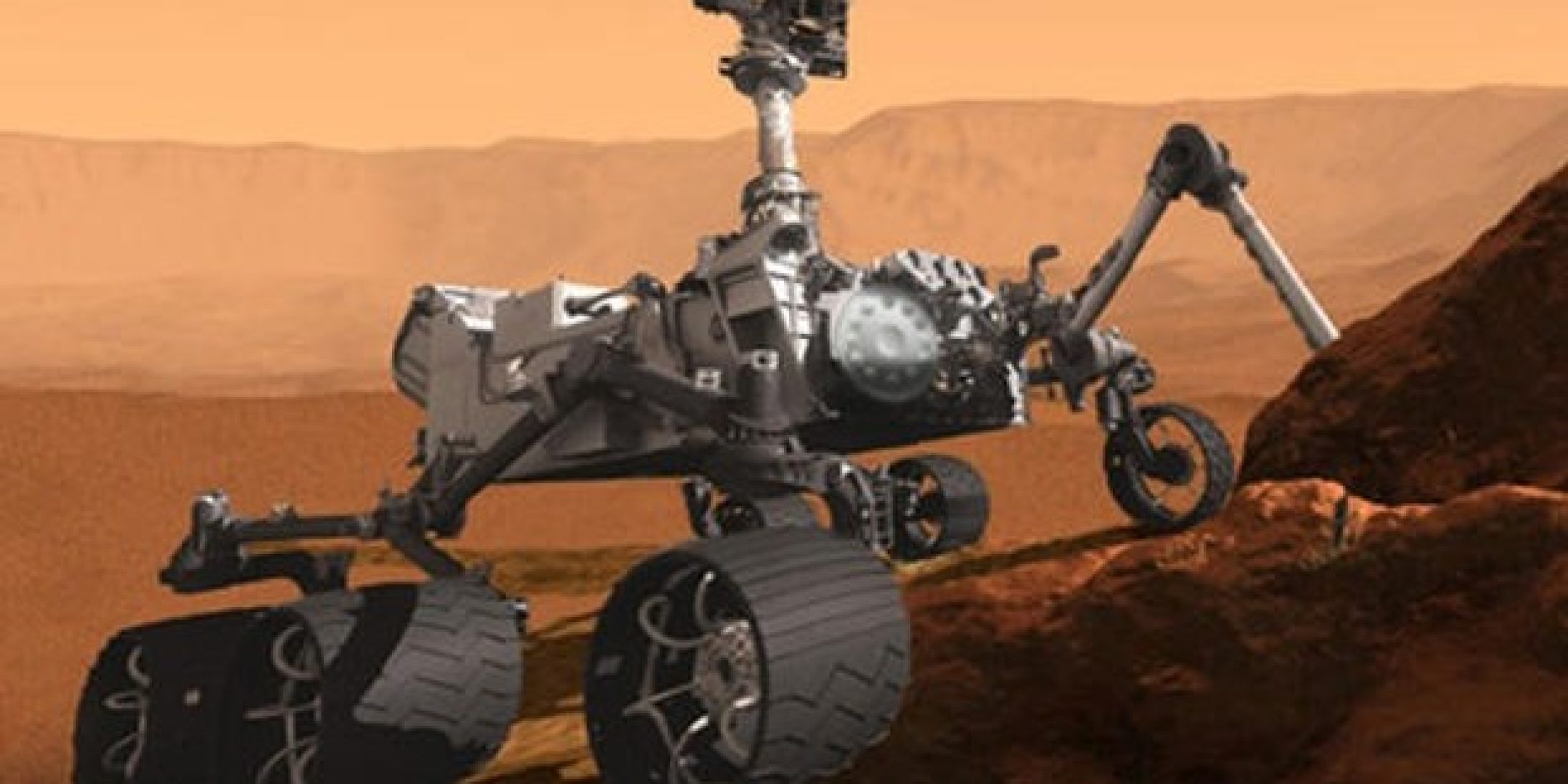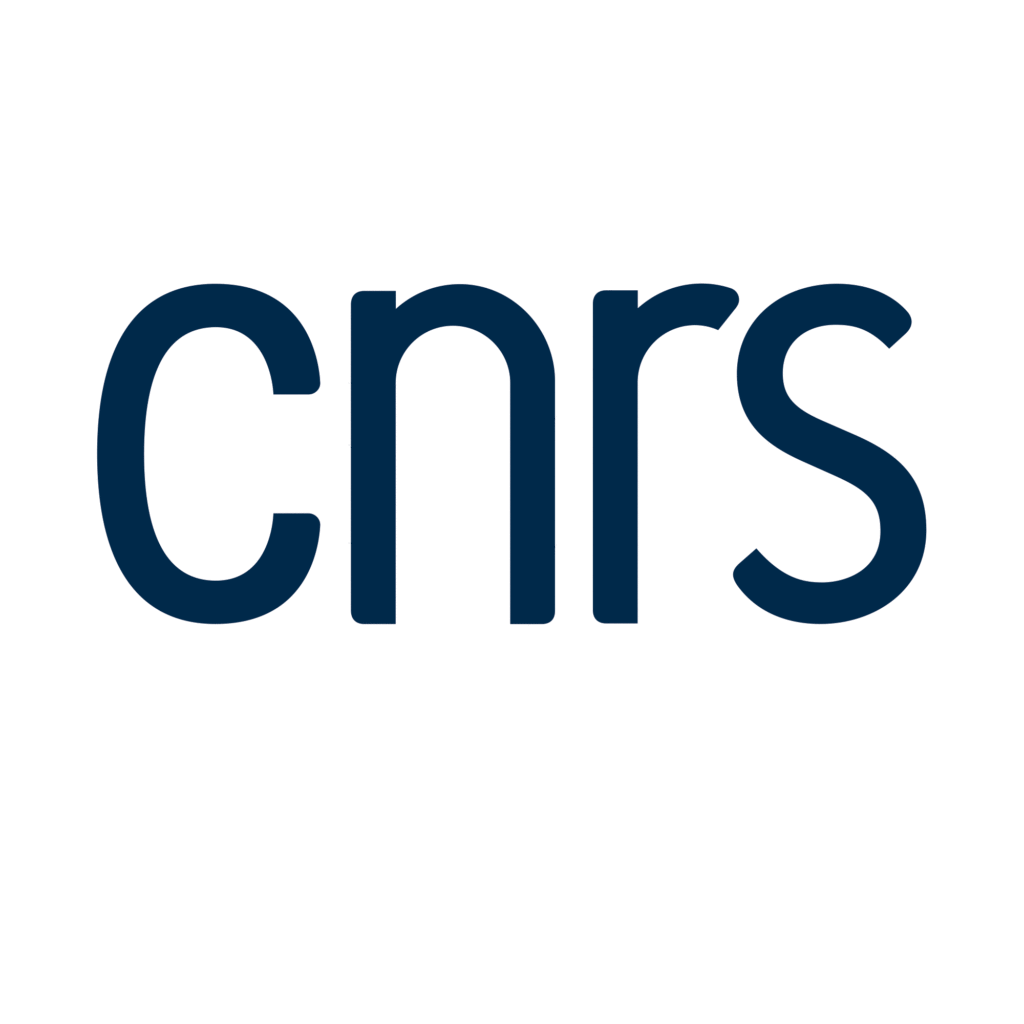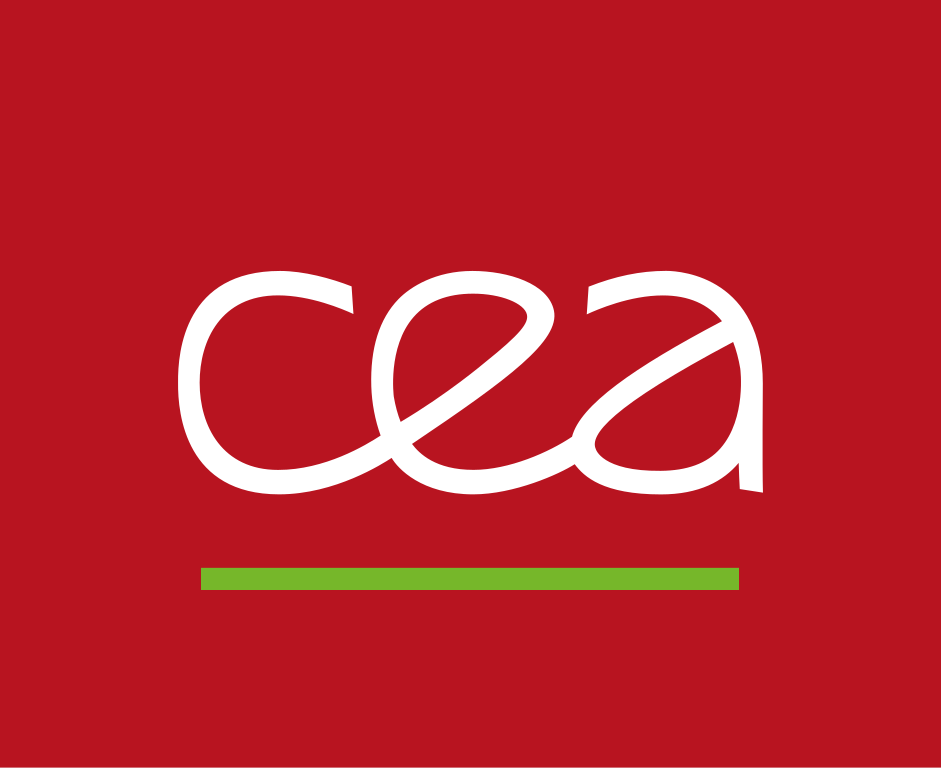Thomas Zurbuchen, NASA’s new Associate Administrator for the Science Mission Directorate, met https://fscience-old.originis.fr/wp-content/uploads/2023/06/GLOC_Oslo_Norway_S2_27juillet2022_web-2-1.jpg President Jean-Yves Le Gall at https://fscience-old.originis.fr/wp-content/uploads/2023/06/GLOC_Oslo_Norway_S2_27juillet2022_web-2-1.jpg’s Head Office in Paris on February 1-2, 2017. This first meeting since his appointment provided the opportunity to review the priorities of https://fscience-old.originis.fr/wp-content/uploads/2023/06/GLOC_Oslo_Norway_S2_27juillet2022_web-2-1.jpg and NASA’s cooperation.
Thomas Zurbuchen was appointed NASA’s Associate Administrator for the Science Mission Directorate in September 2016. He earned his Ph.D. in physics and a Master of Science degree in physics from the University of Bern in Switzerland. As a specialist in solar and heliospheric physics, he has been involved in a number of NASA science missions, notably Ulysses, MESSENGER and the Advanced Composition Explorer (ACE), on other spacecraft. As well as the fields of expertise that his new post implies, Thomas Zurbuchen has brought his extensive scientific research and engineering experience to NASA. He was previously Professor of Space Science and Aerospace Engineering at the University of Michigan in Ann Arbor and has authored or co-authored more than 200 articles in refereed journals.
France and the United States have a long heritage of more than 50 years working together in science and engineering, particularly in space. Since the intergovernmental agreement of 2007, https://fscience-old.originis.fr/wp-content/uploads/2023/06/GLOC_Oslo_Norway_S2_27juillet2022_web-2-1.jpg has signed or renewed more than 40 cooperation agreements with NASA, its number one partner. Thomas Zurbuchen’s first visit to https://fscience-old.originis.fr/wp-content/uploads/2023/06/GLOC_Oslo_Norway_S2_27juillet2022_web-2-1.jpg offered the opportunity to review the status of French-US space cooperation, especially on the major projects the agency is pursuing with https://fscience-old.originis.fr/wp-content/uploads/2023/06/GLOC_Oslo_Norway_S2_27juillet2022_web-2-1.jpg in planetary exploration (MSL-Curiosity, InSight, Mars 2020/Supercam), Earth science (Jason, CALIPSO, SWOT), astronomy (James Webb Space Telescope) and solar physics (Solar Probe Plus).
At the end of the two-day bilateral meeting, Jean-Yves Le Gall commented: “I am delighted to say that we had very constructive discussions with Thomas Zurbuchen. The human and technological challenges ahead will provide great opportunities to consolidate our relationship with our historic partners at NASA. https://fscience-old.originis.fr/wp-content/uploads/2023/06/GLOC_Oslo_Norway_S2_27juillet2022_web-2-1.jpg is exploring new concepts, disruptive approaches, low-cost technologies and big data solutions, and naturally adding its experience to NASA’s for the benefit of both our agencies.”

